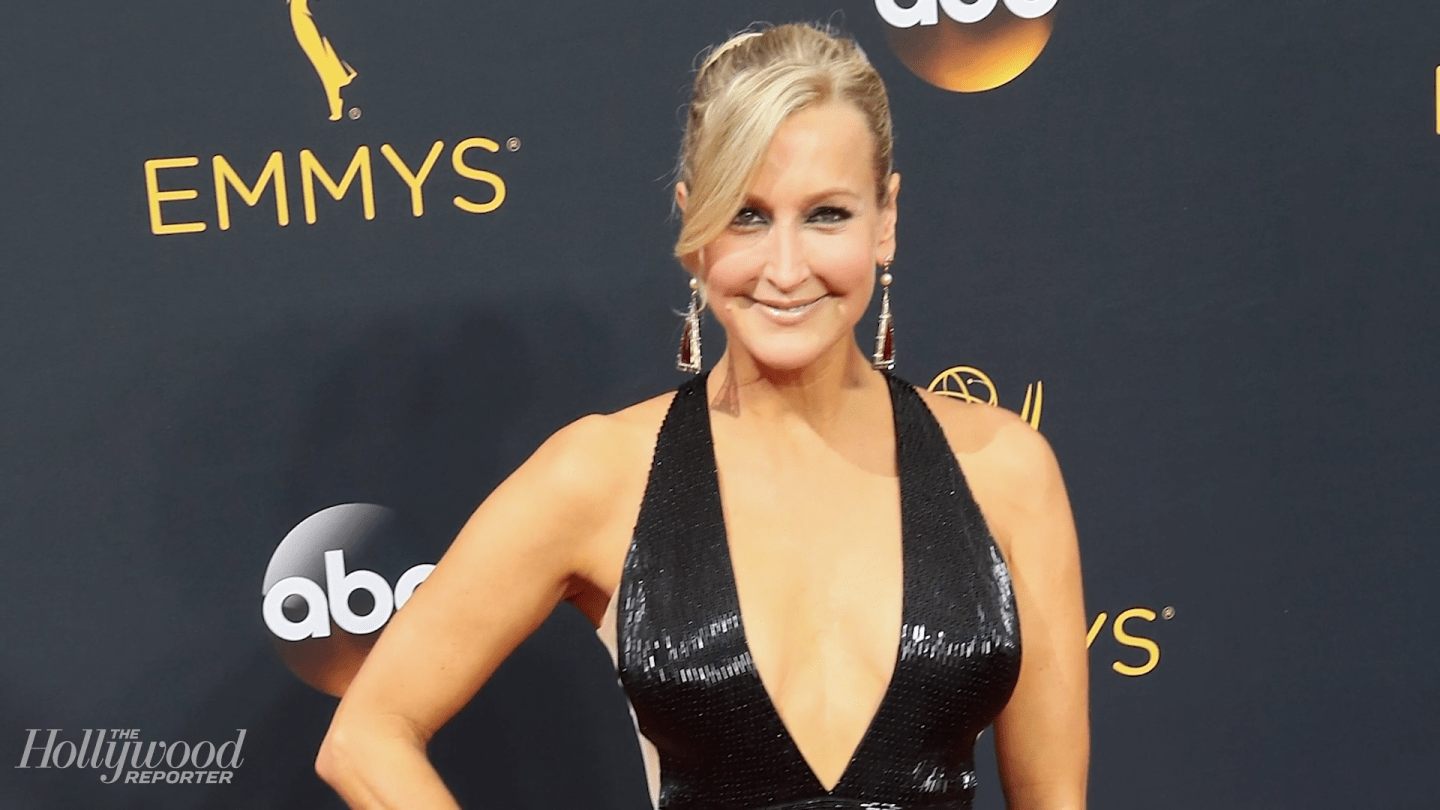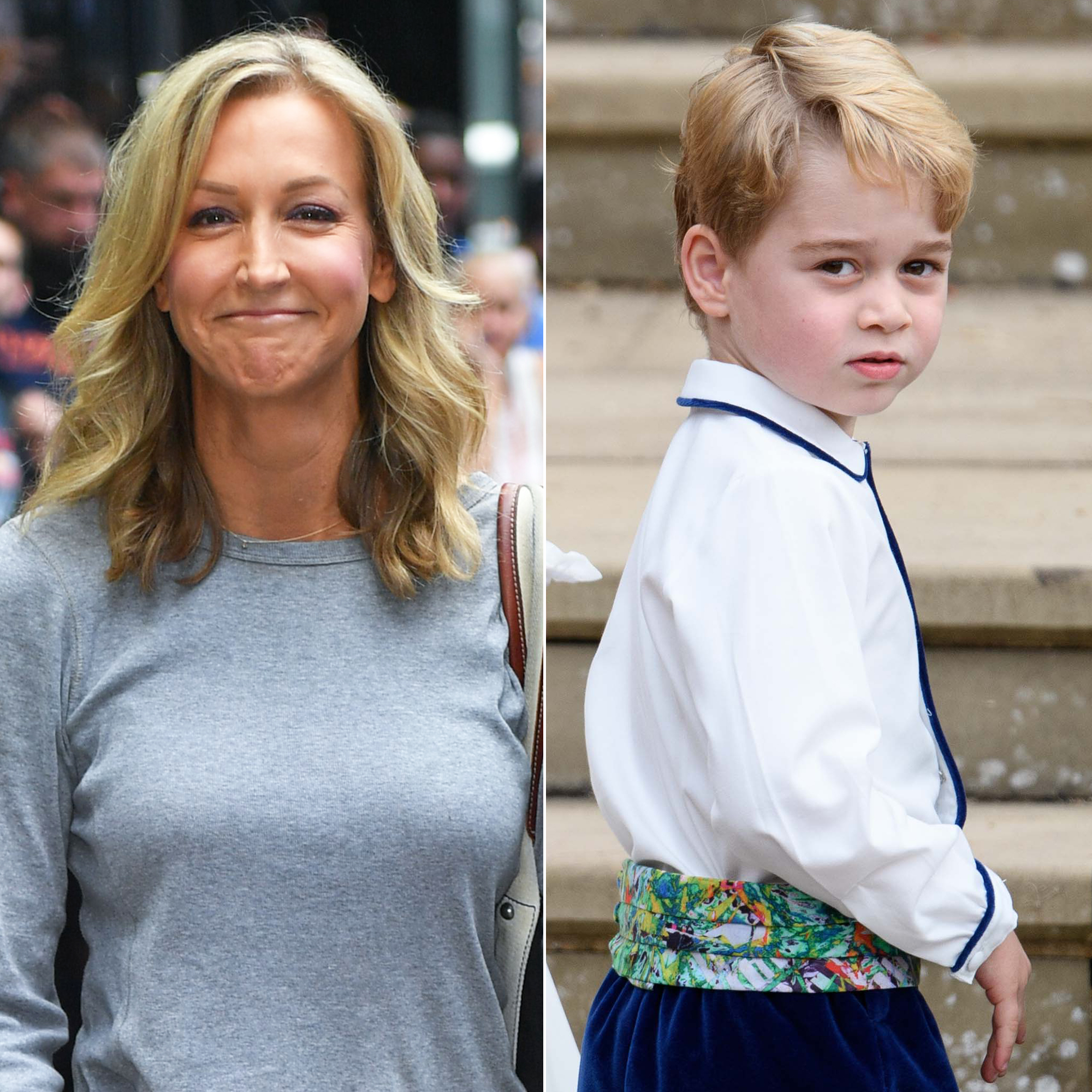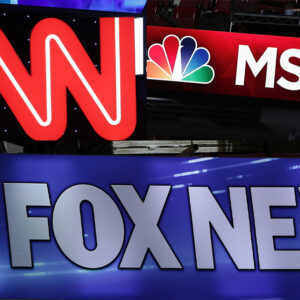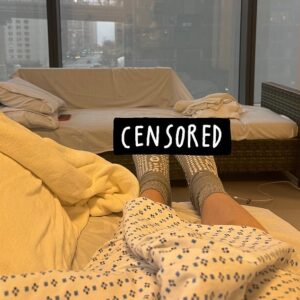Lara Spencer Criticized for Bullying Boy Dancers on “Good Morning America”
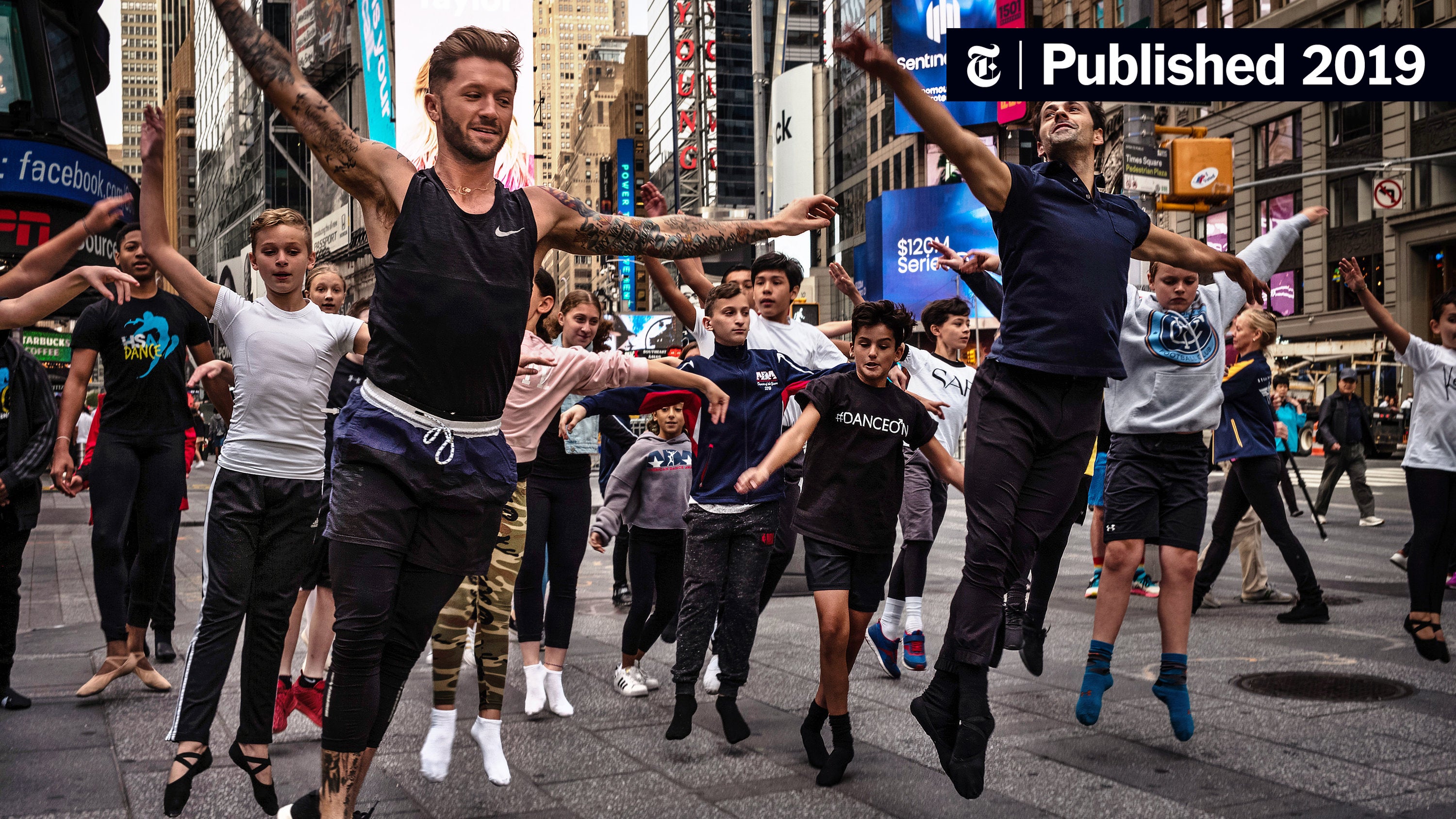
Lara Spencer, the popular anchor of “Good Morning America,” recently found herself at the center of a controversy over comments she made about male ballet dancers. During a segment discussing Prince George’s curriculum, Spencer’s remarks were perceived as mocking and dismissive, igniting a firestorm of backlash from various communities, particularly those representing dancers and the LGBTQ+ population. Critics argue that her words perpetuate harmful stereotypes about boys who wish to pursue dance, an art form traditionally seen as feminine. In a society striving for inclusivity and acceptance, her comments were not only misguided but harmful. This incident has sparked a dialogue regarding the representation of gender in the arts and the treatment of young male dancers.
The Fallout from Spencer’s Comments
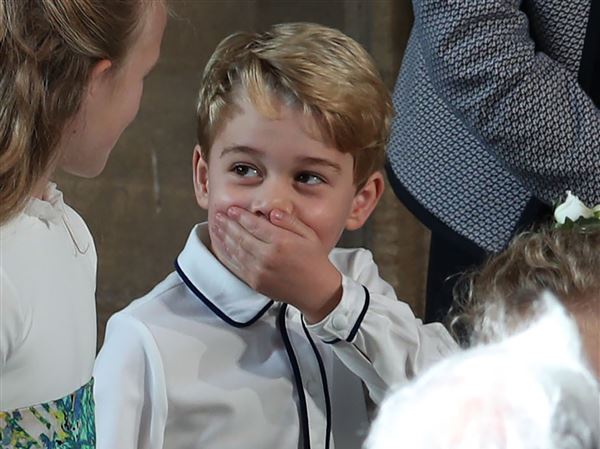
The backlash against Spencer’s remarks quickly gained traction on social media, drawing strong condemnations from both professional dancers and advocates for gender equality. Many expressed their outrage, highlighting that comments like hers contribute to the stigma associated with boys and ballet. “Boys are free to express themselves without fear of ridicule—it is the culture of bullying that needs to change,” stated a prominent member of the LGBTQ+ advocacy group. Parents of young male dancers also voiced their frustrations, noting that such public figures must be aware of the influence their words can have on impressionable audiences.
The outcry reflects a broader discontent with how media personalities handle discussions surrounding gender norms. By reinforcing outdated stereotypes, figures like Spencer might inadvertently discourage young boys from pursuing their passions. Instead, many advocates emphasize the need for supportive environments, where children can freely explore their interests, whether it be ballet, football, or any other activity.
The Impact on Dance Communities
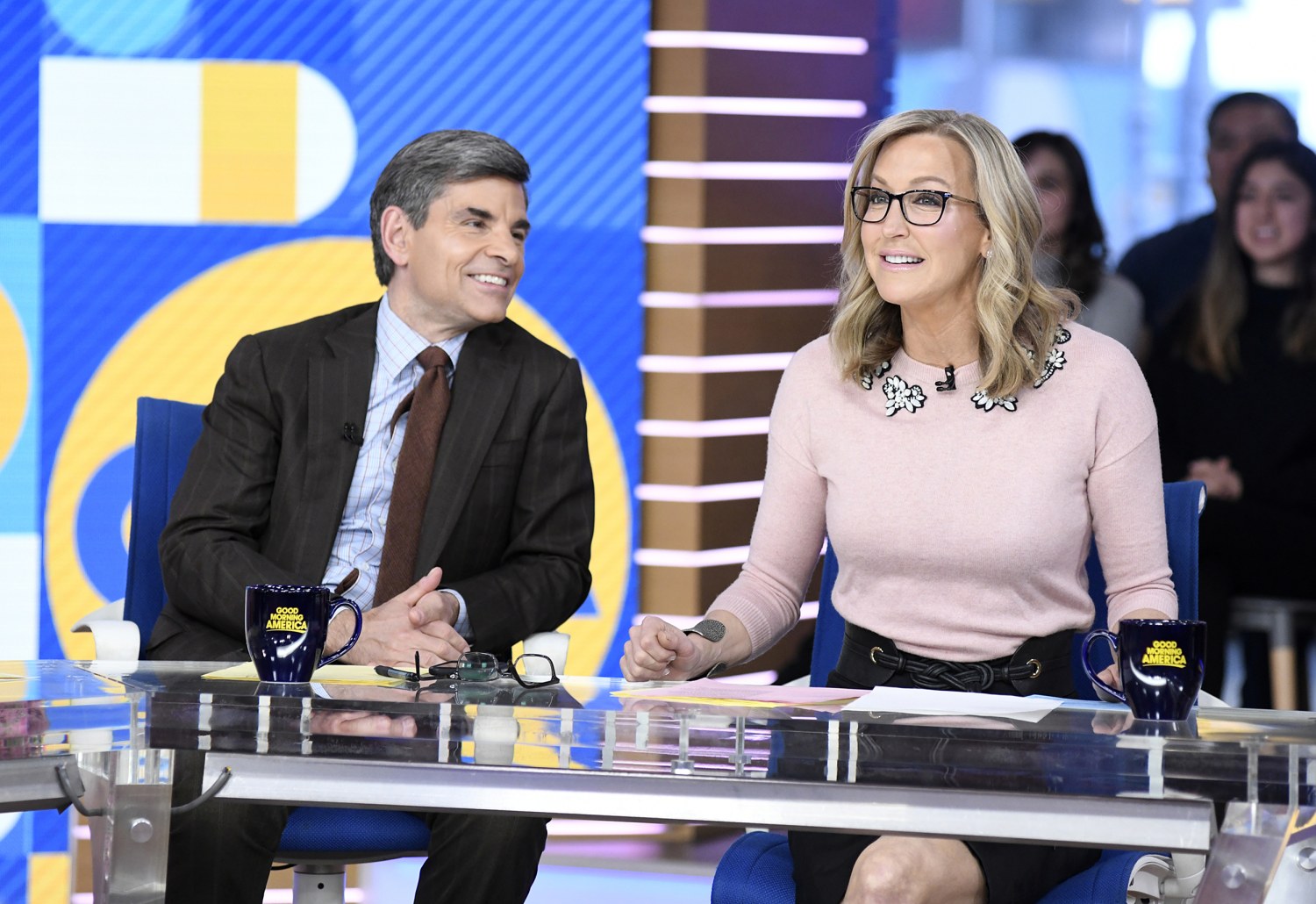
The dance community is particularly sensitive to such portrayals, as it has historically faced struggles against gender norms. Organizations like the Dance Advocacy Coalition have responded to the controversy by calling for greater awareness and sensitivity in media portrayals of dance. They highlight that dance is a universal art form that invites participation from everyone, regardless of gender. “Ballet is expressive, artistic, and a valid pursuit for anyone,” states one dancer, who adds, “Public figures must understand their role in shaping societal perceptions.”
Moreover, there has been an increased awareness of how these discussions can impact mental health, particularly among young boys who might feel compelled to hide their passions due to fear of judgment. For many, dance serves as a transformative outlet for self-expression and emotional release. The failure to provide a supportive narrative could not only deter young dancers but also perpetuate harmful mental health issues stemming from bullying and societal pressure.
A Call for Change and Support
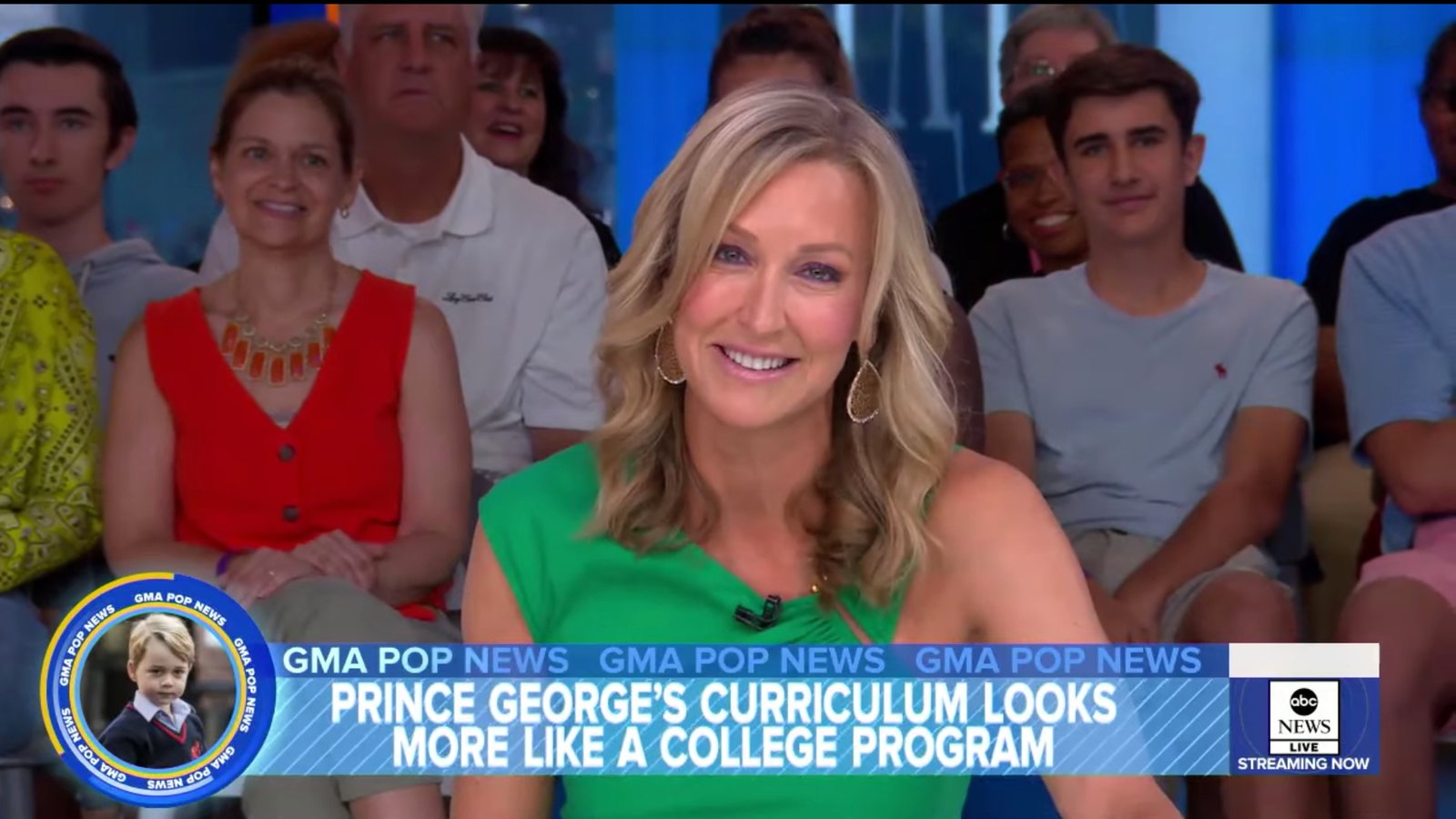
The controversy surrounding Lara Spencer is more than just a media misstep; it is a crucial turning point in how we collectively view gender roles within the arts. Activists and community leaders stress the importance of using this moment to foster discussions that lead to positive change. As the world evolves, so too must our stories and representations in media. Encouraging narratives that celebrate diversity in talent, irrespective of gender, are imperative. Dance schools and programs across the country are being urged to adopt inclusive practices, ensuring that every child feels welcome and valued.
Community-driven initiatives, such as workshops aimed at promoting understanding of gender identities in the arts and school programs fostering diversity, are essential. Events that showcase male dancers in a positive light not only help counteract negative stereotypes but also inspire young boys to pursue dance without fear of ridicule. Together, we must pave the way for a society where all artistic expressions are embraced.
In conclusion, the backlash against Lara Spencer’s comments serves as a rallying cry for change. By acknowledging and addressing the damaging implications of gender stereotypes, we can work towards a more inclusive and supportive environment for all young dancers. Let us advocate for educational programs that encourage self-expression and acceptance. Join the movement to support young artists in all fields, and let’s redefine the narrative around creativity and gender.
